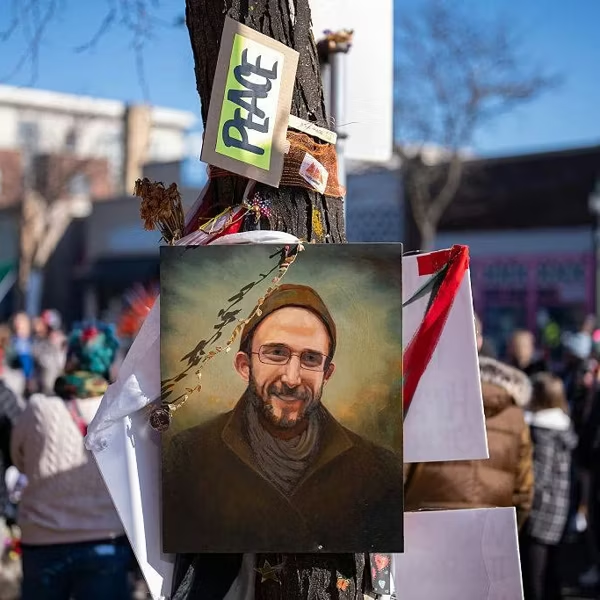"It is Europe today," claimed the President of the European Commission, Jean-Claude Juncker, "that represents a beacon of hope, a haven of stability in the eyes of women and men in the Middle East and in Africa." The rest of his State of the Union Address is certainly not without its merits, but the discourse on the beacon of hope, which has become ubiquitous for framing a relationship between needy refugees and prosperous host countries, should give us pause. For the blinding light of the supposed promised land can cast a long and dark shadow over many of the forces that are directly responsible for the current crisis. Indeed, if Europe--like other core countries--is a relative beacon of hope for destitute sectors of the world population, it is because it is also a fundamental source of destruction that has contributed to their destitution.
As important as it is to implement emergency measures and overhaul immigration policies, the deep causes of the current crisis will not be addressed unless we are able to see through this beacon of hope. Indeed, behind the understandable appeal of Europe in the current context lie all of the machinations that are responsible for creating situations that constantly push major swaths of the world population to risk life and limb to perhaps be able to scrape out lives for themselves elsewhere.
War and violent conflicts are obviously major factors, as are massive global inequality and the lack of basic needs like food, water, shelter, and so forth. These factors are far from simply being homegrown, in spite of the fact that there are many who are complicit with the vicious power grab and brutal search for short-term gain that characterize the current world disorder. The European and larger Anglophone world has played, and continues to play, an absolutely central role in the perpetuation of this disorder. In addition to the colonial stranglehold of globalized neoliberal capitalism, here are a few of the concrete examples of the ways in which the governments, militaries and businesses of these countries have directly contributed to the current crisis: the massive production and sale of arms around the world, the debacles of the self-proclaimed international coalitions in Afghanistan and in Iraq, the catastrophic consequences of the N.A.T.O. intervention in Libya, the arming and supporting of extreme sectarian forces in the Syrian civil war by the U.S. and its allies (with full knowledge of the potential creation of an Islamic state, according to a recently declassified U.S. intelligence report [pdf]), destructive drone assassinations in numerous parts of the world, the U.S.-backed Saudi bombing of Yemen, and the apparent refusal by the U.S. to halt Bashar al-Assad's ongoing deadly air strikes (since it controls Syrian air space but the strikes continue unabated).
You cannot wage and support majors wars in the Middle East and elsewhere, fuel arms sales around the world, ally yourself with dictatorial and repressive regimes, maintain a political, military and economic death grip on major parts of the planet, and not expect deep, long-term human consequences. You also cannot take all of the material benefits reaped from this imperial situation and present them as a simple beacon of hope to parts of the world that have often directly contributed to producing them (without being allowed to benefit from them). If the sources of destruction and depravity had not been there in the first place, and if they had not contributed to massive global inequality, there would not be any need for a supposed promised land.
Therefore, if you truly want to put a halt to the so-called refugee crisis--which is in fact an ongoing immigration catastrophe in which massive populations are displaced in the swath of war, conquest and the unquenchable thirst for profit--then you need to see through the beacon of hope and cut the sources of destruction off at their roots. Global power relations of extreme political, military and economic violence feed an ongoing international calamity that will continue to wash dead children up on the shore if there are not deep, structural changes. This is the real crisis.



